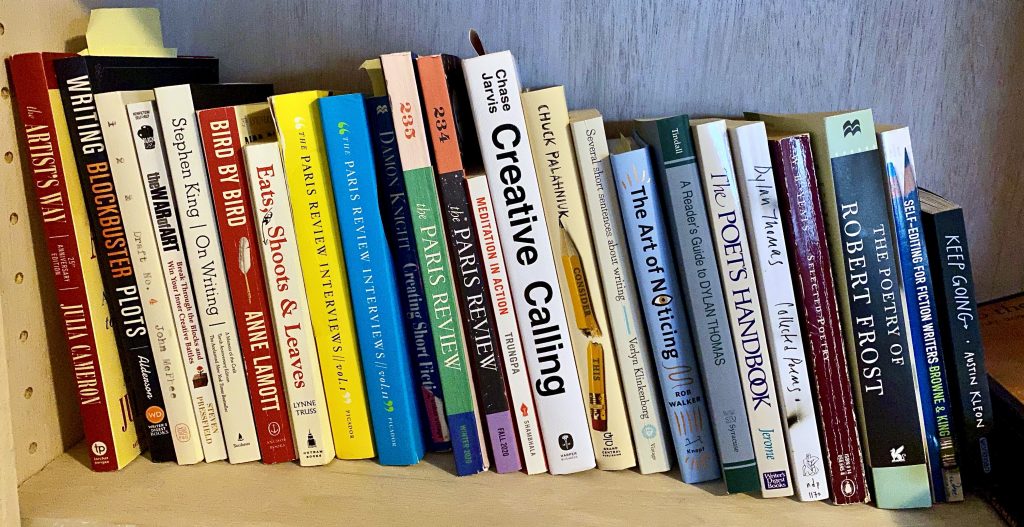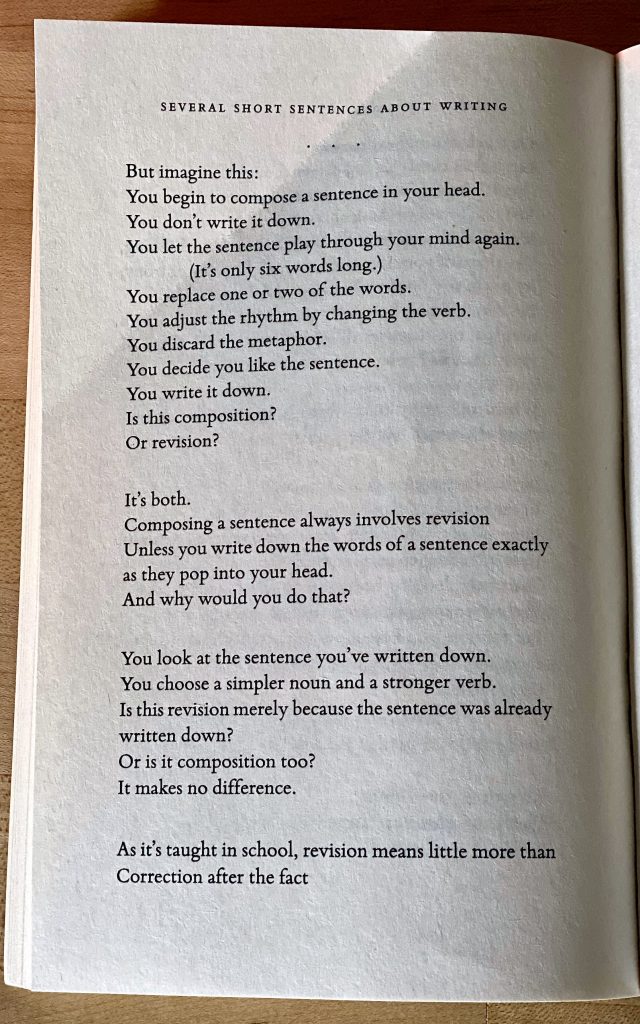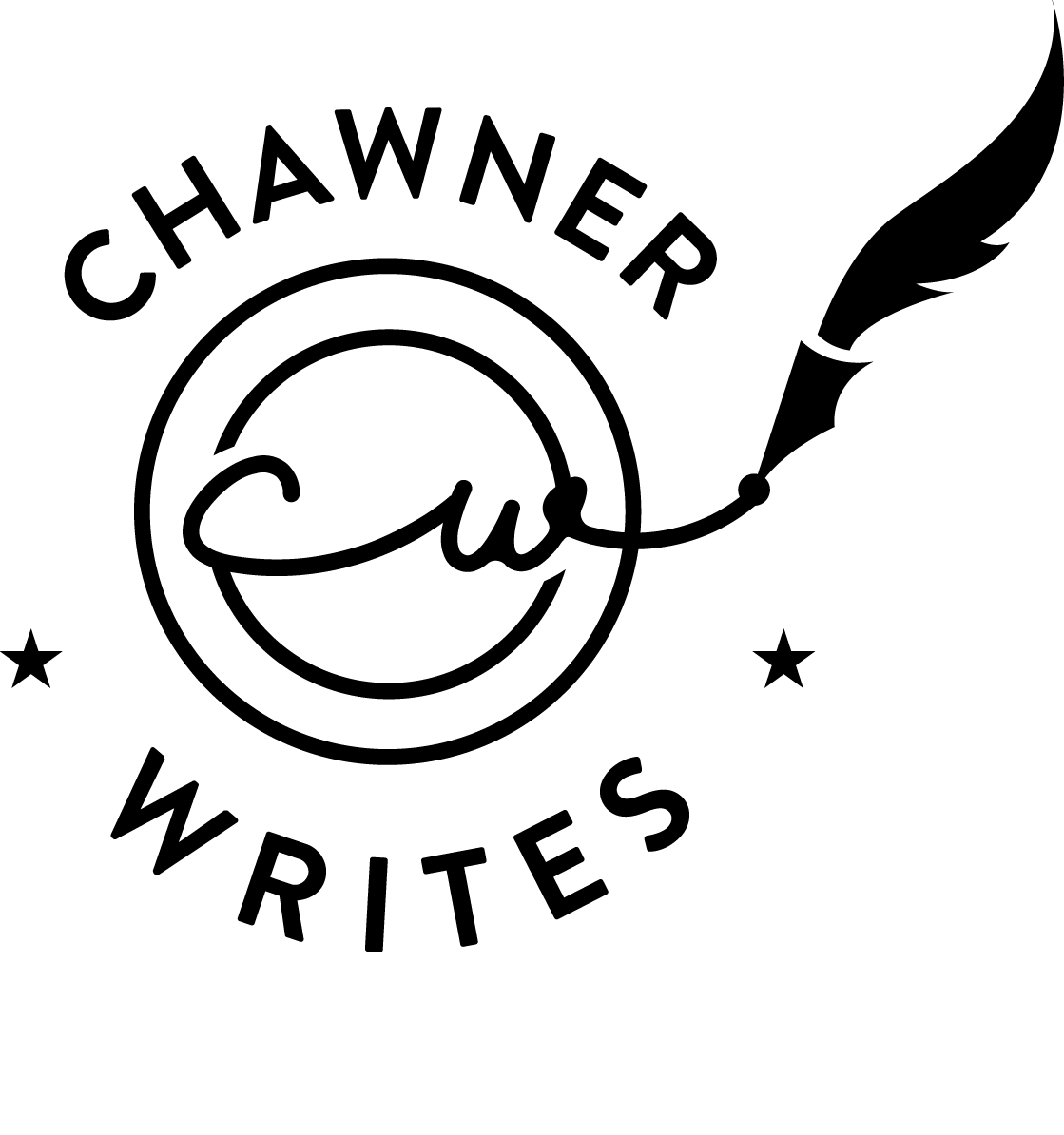
Above (pictured) is my writing shelf. More precisely, my advice-on-writing shelf, books I’ve bought over the last year. It looks like a lot, but I restrained myself from buying three times as many. It’s easier to read than to do the work. Not pictured are all the websites I’ve consulted. A lot of expert advice and techniques in these pages. Write every day. Have a habit, a dedicated writing space. Get feedback. Read your writing out loud. Read good writing.
Not all the advice from these “canon” books and websites agree. This isn’t unique to writing advice. Health is a field I’ve followed for years with wildly divergent opinions. What is the best diet (med/paleo/vegan)?
How about the best approach to exercise (running/lifting/walking)?
Surely there’s a consensus for the best way to approach the most basic activity; sitting and writing words, pages. At first, the advice seemed clear. Throw up on the page. Don’t worry about quality. Just get a shitty first draft done. I’ve embraced this method, it helps me get into a flow and moves the writing along. The shitty-throw up approach is helpful while trying to hit a word-count target.
A closer look, though, yields contrasting opinions. One that jumped out was Hemingway (yes, ridiculous to emulate a great, but most good thoughts on writing come from talented writers).
“You have started at six in the morning, say, and may go on until noon or be through before that. “
Here’s the key: he only wrote a few hundred words per day. Five hundred words spread over five plus hours isn’t throwing up on the page. More like agonizing over each word, each sentence. Hemingway wasn’t alone. Vonnegut would work all day on one page, around 300 words. To make it perfect. So, these two masters worked deliberately.
This could be a matter of interpretation, of course. Maybe they started the day with “throw up” and just kept editing. Maybe Vonnegut wrote two thousand words and just edited them to death, and got one usable page?
A modern example comes from Several short sentences about writing:

Crafting each sentence carefully, deliberately, with intent, is the opposite of throwing up on the page. With a year of writing under my belt, I see both sides of this. Writing without the internal editor is very useful. But it leaves a lot of work for later. One thing I learned, and have read little about, is the incredible time and effort involved in editing. If you create something better the first time, maybe the edits become easier. It’s frustrating when I read an early draft and note all the problems. Grammar. Lazy sentences. Missing references. Continuity. Too much stage direction, too many micro movements.
Editing is another example of conflicting advice. Everyone agrees you should write every day. But should you edit every day? And does that count as writing? I’ve done well with a daily writing habit. Editing, though… not so much. Stories are piling up; I have four short stories and a novella that needs serious work. But during the work week, I only have limited time… so I spend it writing.
Early on, the advice I followed was to start every morning, every writing session fresh. Don’t read what you wrote yesterday. It may be terrible! And you want your inner critic, your inner perfectionist to stay away. Big, creative thoughts.
But the titans sometimes have a different approach.
And this makes sense. Worth noting that Didion writes mostly non-fiction. But this seems more efficient; by the time you complete your writing, you have given the draft a once-over. Reading what you wrote yesterday puts you in the right frame of mind for today’s writing.
Another counterpoint:
Seinfeld looks at this differently, as well. I like the sentiment that you shouldn’t edit and critique what you wrote today; let the idea sit with you, and the good vibes from the work rest with you for the rest of the day.
My current take; if I had more time during the day (say, 4 2-hour blocks in the week to edit, consistently), I wouldn’t mix the editing process with the morning words. I haven’t found those eight consistent hours, though, so I will try the Didion approach…at least make progress toward editing every day.
part 2 (coming soon).
